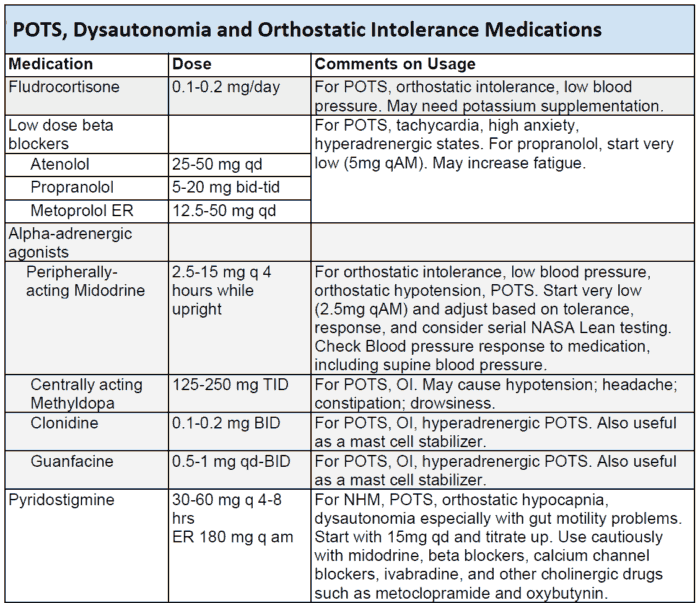What is Temelimab ?
Temelimab (GNbAC1) is an immunoglobulin (Ig)G4 monoclonal antibody that targets HERW-W protein. Although it has no effect on acute adaptive immune inflammation, preliminary radiological indicators show anti-neurodegenerative benefits, and current data support its use in the treatment of progressive MS.
GeNeuro is currently evaluating temelimab as a therapeutic treatment for newly infected COVID-19 patients to prevent immune system hyper-activation, and to treat severe neurological and psychiatric syndromes in patients with long-COVID syndrome.
What are HERVs ?
HERVs, also known as fossil viruses, are remnants of viral infections that were integrated into our DNA millions of years ago. Among these HERVs is one that generates a protein called HERV-W Env, which is present in lesions associated with multiple sclerosis (MS).
The protein impedes the development of oligodendrocytes, which maintain the myelin coating of nerve cells, and triggers microglia, leading to inflammation in the brain.
HERV-W hyperexpression has been observed in placental, autoimmune, neurological, and neuropsychiatric pathologies. Multiple Sclerosis (MS) and other pathological conditions have also been linked with HERV-W.
HERVs and Long Covid
Recent studies have revealed an upregulation in HERVs in children with mild or moderate COVID-19 but a decrease in those with severe disease. Another study found that SARS-CoV-2 RNA can be reverse-transcribed and integrated into the genome of cultured human cells and can be expressed in patient-derived tissues.
A study revealed that HERV-W envelope protein was highly expressed in leukocytes of COVID-19 patients and could promote certain pathognomonic features of the disease. Furthermore, it could be a potential biomarker for severe COVID-19.
Expression of the pathogenic HERV-W protein triggered by the SARS-CoV-2 infection, continuing long after the acute phase has been resolved, is suspected to have a major role in the persistence of inflammation in many long-COVID patients, and may explain many of the nervous system disorders that patients experience, such as cognitive losses and fatigue.
Temelimab and Long Covid
The GNC-501 study, entitled “Temelimab as a Disease Modifying Therapy in Patients with Neurological, Neuropsychological, and Psychiatric Symptoms in Post-COVID-19 or Post-Acute Sequelae of COVID-19 (PASC) Syndrome”, will enroll 200 patients from study centers in Switzerland and the European Union, who have tested positive for the pathogenic protein W-ENV, and who are suffering from severe neuropsychiatric syndromes following COVID infection. The goal of the study is to alleviate the disabling symptoms of Long Covid synrome.
References
- Grandi, N., Tramontano, E., 2017. Type W human endogenous retrovirus (HERV-W) integrations and their mobilization by L1 machinery: contribution to the Human transcriptome and Impact on the Host physiopathology. Viruses 9, 162. https://doi. org/10.3390/v9070162
- Lima, M., Siokas, V., Aloizou, AM., Liampas, I., Mentis, A.F.A., Tsouris, Z., Papadimitriou, A., Mitsias, P.D., Tsatsakis, A., Bogdanos, D.P., et al., 2020. Unraveling the possible routes of SARS-COV-2 invasion into the central nervous system. Curr. Treat. Options Neurol. 22, 37. https://doi.org/10.1007/s11940-020-00647-z
- Balestrieri, E., Minutolo, A., Petrone, V., Fanelli, M., Iannetta, M., Malagnino, V., Zordan, M., Vitale, P., Charvet, B., Horvat, B., et al., 2021. Evidence of the pathogenic HERV-W envelope expression in T lymphocytes in association with the respiratory outcome of COVID-19 patients. EBioMedicine 66. https://doi.org/ 10.1016/j.ebiom.2021.103341
- Tovo, P.A., Garazzino, S., Dapra, ` V., Pruccoli, G., Calvi, C., Mignone, F., Alliaudi, C., Denina, M., Scolfaro, C., Zoppo, M., et al., 2021. COVID-19 in children: expressions of Type I/II/III interferons, TRIM28, SETDB1, and endogenous retroviruses in mild and severe cases. Int. J. Mol. Sci. 22, 7481. https://doi.org/10.3390/ijms22147481
- Zhang, L., Richards, A., Barrasa, M.I., Hughes, S.H., Young, R.A., Jaenisch, R., 2021. Reverse-transcribed SARS-CoV-2 RNA can integrate into the genome of cultured human cells and can be expressed in patient-derived tissues. Proc. Natl. Acad. Sci. U. S. A. 118, e2105968118 https://doi.org/10.1073/pnas.2105968118
- Mouliou, D.S., Gourgoulianis, K.I., 2021. False-positive and false-negative COVID-19 cases: respiratory prevention and management strategies, vaccination, and further perspectives. Expert Rev. Respir. Med. 15, 993–1002.
- Hartung, H.P., Derfuss, T., Cree, B.A., Sormani, M.P., Selmaj, K., Stutters, J., Prados, F., MacManus, D., Schneble, H.M., Lambert, E., et al., 2022. Efficacy and safety of temelimab in multiple sclerosis: results of a randomized phase 2b and extension study. Mult. Scler. 28, 429–440. https://doi.org/10.1177/13524585211024997

